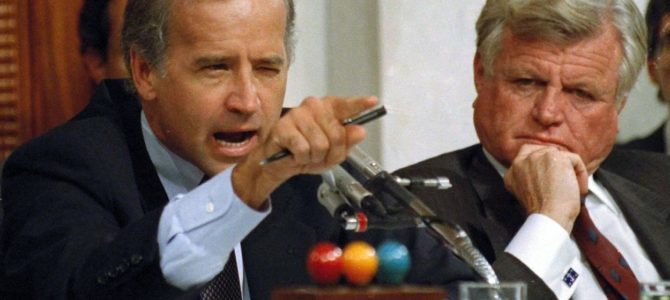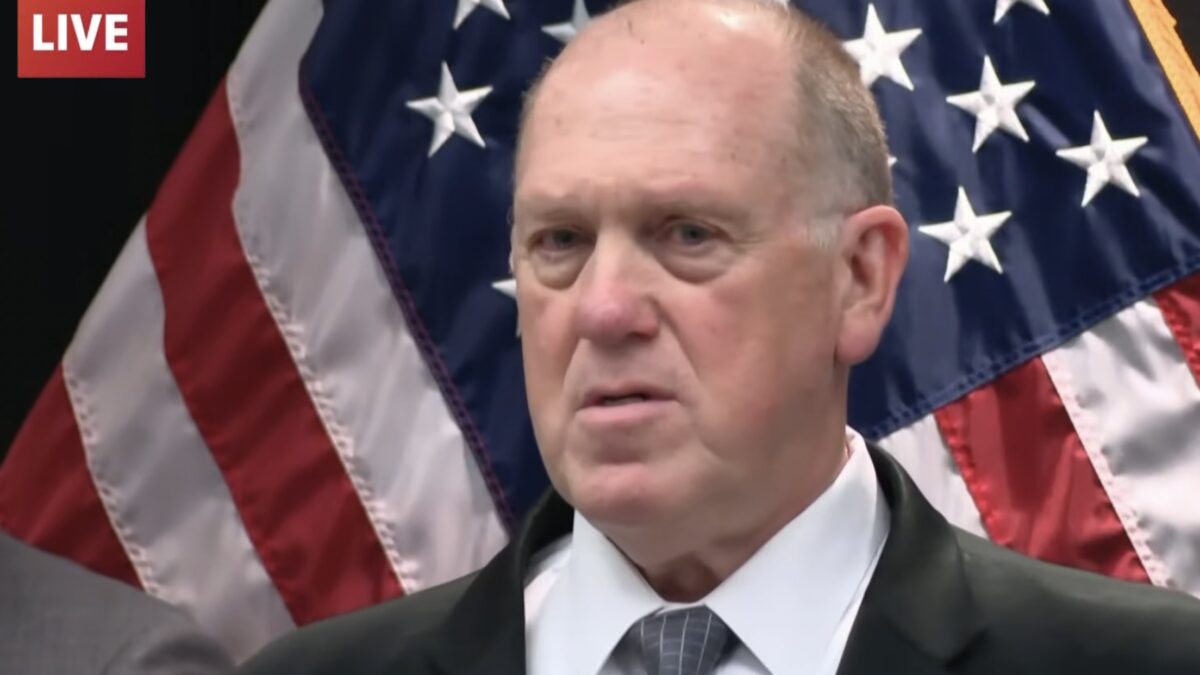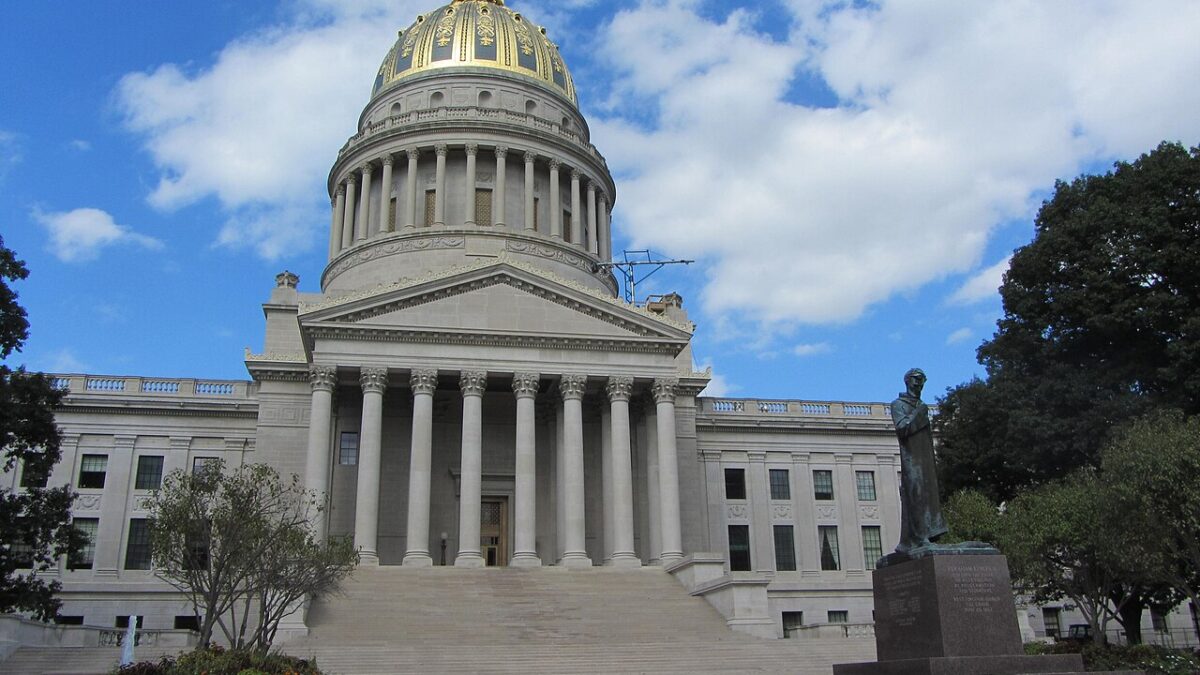
The 1993 Religious Freedom Restoration Act is one of the more interesting federal laws of the past few decades. What makes it so is the shifting nature of its political implications.
When it was almost unanimously passed by Congress and signed into law by President Bill Clinton, it was viewed as a liberal bill, and a rebuke to a Supreme Court decision written by Justice Antonin Scalia that allowed Native Americans to be punished for using peyote in a religious ritual. Today, it is most often invoked to protect Christian small business owners from forced participation in gay weddings.
Another interesting point, that is perhaps just a function of them being so old, is that both the leaders in the polls for the Democratic nomination, Joe Biden and Bernie Sanders, voted for the bill. RFRA was sponsored in the House of Representatives by a young New York congressman named Chuck Schumer, and in the Senate it was sponsored by Ted Kennedy. It is an ingenious little piece of legislation with two major planks.
First, it establishes that if the government is going to compel a person to violate his religious beliefs, it must have a reasonable interest in doing so. Second, and more importantly, once that interest is established, the government must find the least restrictive means possible to achieve that interest. That is to say, government must achieve its goal in the way that least burdens individuals and the practice of their religious beliefs.
In 1993, this was a pretty easy bill for liberals to latch onto and support. After all, it was a bill meant to protect Native Americans from intrusive government action prohibiting their religious practices. It is unlikely that at the time anybody foresaw a situation in which RFRA would be used to protect Christians from forced participation in gay weddings. Generally speaking, at the time, the right of Christians to practice their religious beliefs was just assumed.
But the times, they are a changin’. Although the federal RFRA law does not apply to states, several states adopted their own versions. So across the country, both in state and federal matters, some of the religiously observant have these laws in their back pockets when the state tries to make them “bake the cake” or “take the photo.”
When it is demanded that a Christian, Muslim, Jewish, or any other observant person of faith who owns a bakery or photography business participate in a same-sex wedding, the two planks come into play. Does the state have an interest in making sure gay couples can get wedding cakes and photos? Sure. Is forcing people with religious objections to do it when others with no such objections are happy to do it the least restrictive way to achieve the goal? No. Pretty cut and dry.
But that leaves us with the question of Biden and Sanders. It’s not 1993 anymore. That’s a shame, but it is what it is. Do Biden and Sanders still stand by the idea that the government should go out of its way to not compel people to violate their religious beliefs? Do they still hold that, to whatever extent possible, the state should not compel Americans to violate their religious beliefs?
For the younger candidates, so far drowning in the single-digit territory in the polls, this is not a liability. They did not cast votes for RFRA. I mean, one of them was in middle school when it passed. But what role, if any, should religious liberty play in the Democratic primary? Or the general election?
At first glance one would imagine that Biden, who has been defending a whole host of 1990s policies that progressives poo poo of late, not least of all his crime bill, might defend his support of RFRA. For Sanders, it’s a different matter. In 2016 he did distance himself from the idea that the government can’t force people to violate their religious beliefs. But as these two old guys take center stage in the Democratic primary, might religious freedom become an issue for them?
Don’t count on it. But it’s out there. Biden has clearly come to believe that the rest of the Democratic field is running way too far to the left. Bernie kind of has no choice on that — he is, after all, a socialist — but Biden can shore up some support with religious voters by simply affirming what he already once voted for. And it’s hard to see why he wouldn’t do it.









